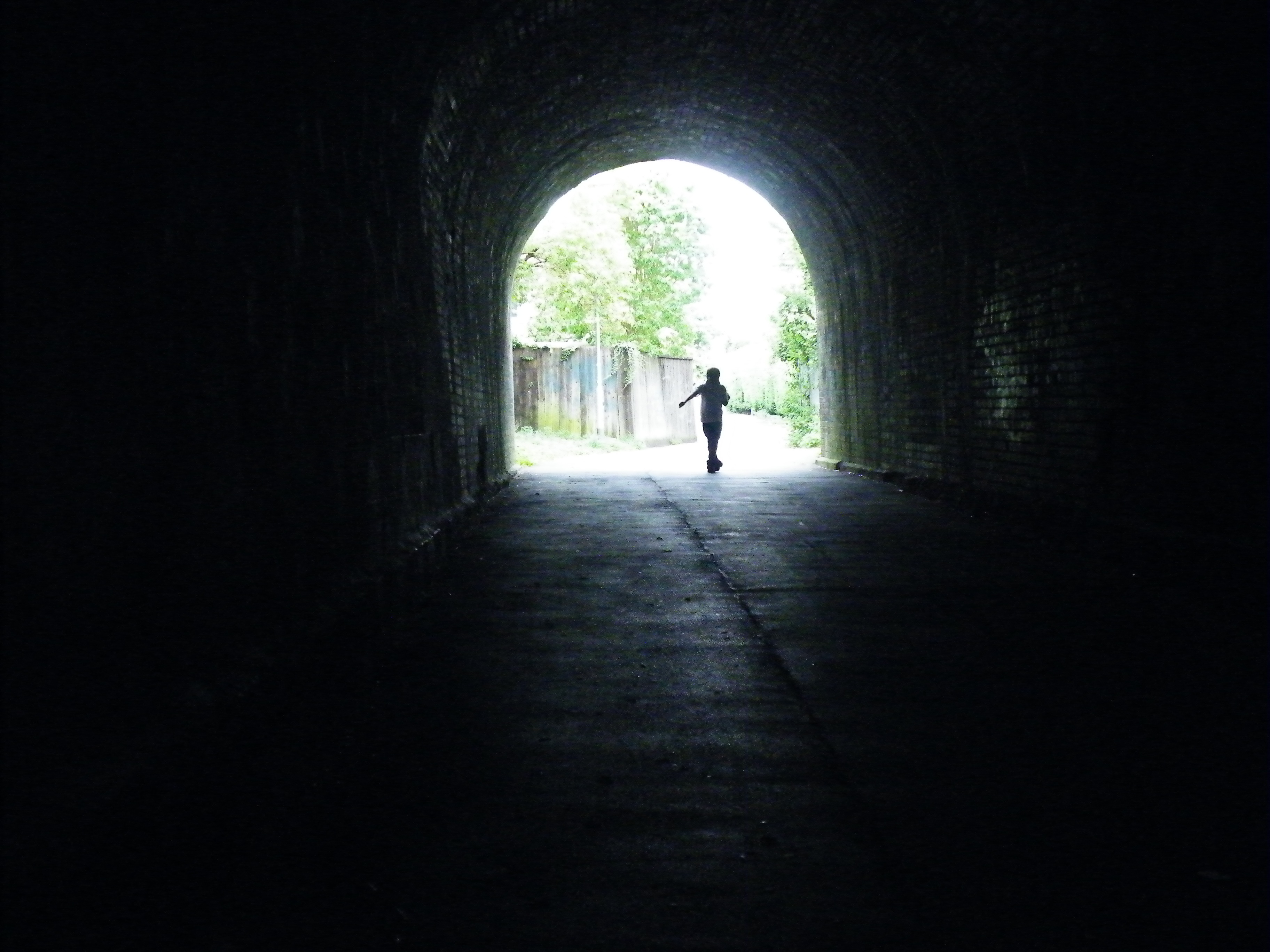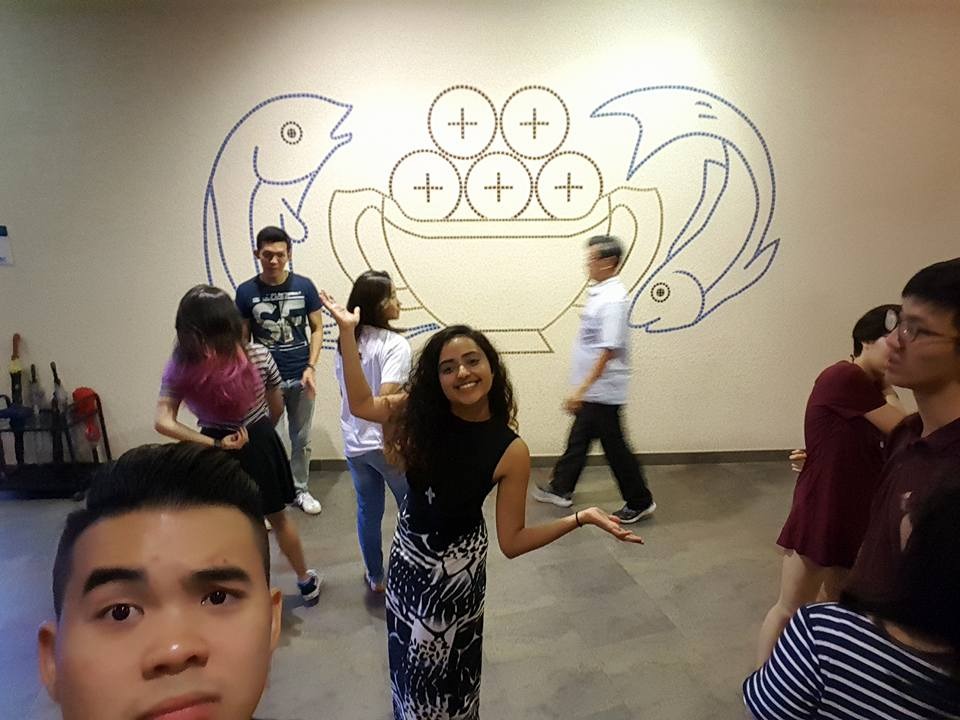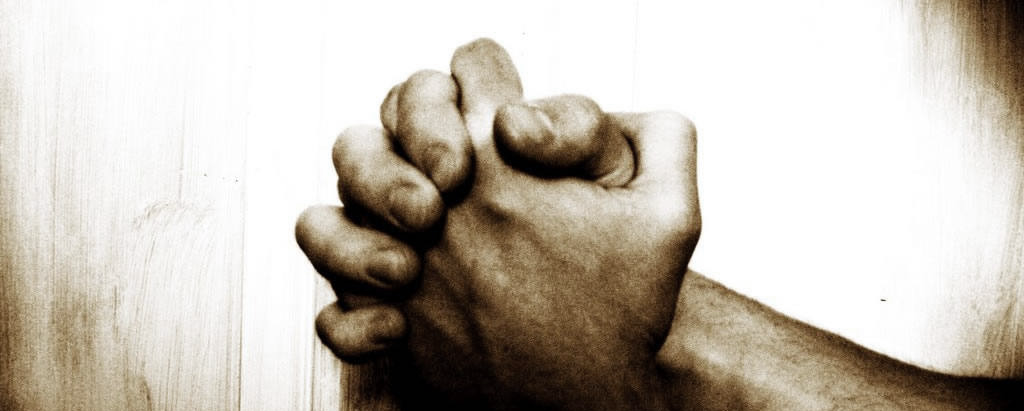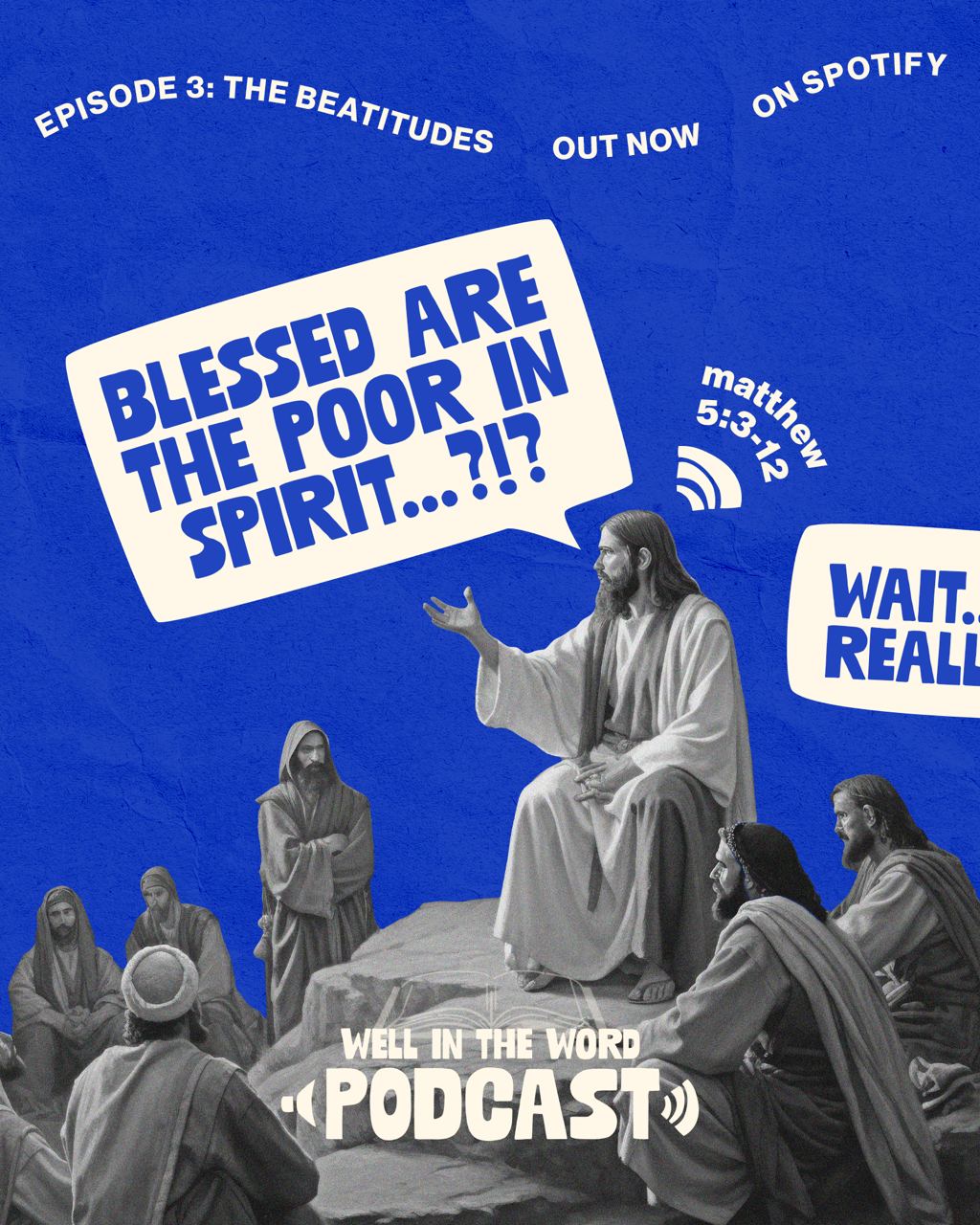by Christabel Fernandez
As I complete my first year as a working adult, I have to force myself to sit and really reflect on life, where I am right now in my work as well as in my relationship with God.
Growing up as the Youngest in the Family
Progressing into the working world requires a lot of changes and adaption, and this past year has been about realising all of that. As the youngest in my family, I grew up always watching them enter stages of life that were way ahead of me. When I was in Primary 4 my siblings entered NUS while I was stuck in the mundaneness of schooling life. I saw them experience exciting things like Freshmen Orientation Camps (FOCs), exchange programmes and fancy internships. When I was doing my O’Level Examinations, they already had their first jobs and when I entered university, my dear siblings started personally forking out cash to finance my studies and study trips overseas. How selfless!
My siblings are my role models. I knew they had the answers for everything relating to how to be “successful” in our society today. I’ve followed their footsteps and ended up pretty safe and secure. (My parents are grateful; now they can retire).
And now upon entering the working world, it’s my turn to take on more responsibilities at home and to “step up”.
Time of transition and change
After a year of transitioning into the “adult” life; paying my own bills, giving my parents money every month etc, I began to feel the need to similarly look at whether I have also transitioned to mature in my faith as well.
Growing up, each of our circumstances are different. No child is born immediately taking up responsibilities and helping others. It takes time and we slowly “grow” into these roles. The same goes for our faith. Our first few years, upon discovering God, would have probably revolved around our personal walk with God. Our focus was on ourselves, in relation to God.
When I first heard about Theologian Hans Urs von Balthasar’s explanation of our ego-drama versus God’s theo-drama[1], it suddenly dawned upon me that I have been looking at my life in a completely insular and selfish way, which is very contrary to the Christian call of discipleship.
Where am I in God’s plan right now?
The question a lot of us are asked is, “where is God in your life right now?”. But I think this can be pushed a little further. I feel that such a question comes from a place that may emphasize us in our own ego-drama. Instead, as maturing Christians, let us ask ourselves, “where I am in God’s plan right now?”, “Am I fulfilling the plans that God has for me?”
The idea of “adulting” in our faith seems pretty ironic given that the main thing we are supposed to do as Christians is to be like little children, completely abandoning ourselves to our Father. Jesus himself explicitly says,
“Unless you change and become like little children you will never enter the kingdom of Heaven”. (Matt 18:3)
Going back to my family dynamics. As the youngest, I never really had to worry about much else outside of my own life. Growing up, I pretty much only had to only care about getting sufficiently good grades to make it to the next phase of my education and everything else was handled by the older ones. I didn’t realise the sacrifices that everyone else in my family were making for me. Like how my siblings had to finance all their own expenses and had to finance their sister’s annual trips to Europe. This same inwardness was paralleled in my faith. I prayed mostly for myself and talked to God mostly regarding my own struggles and issues.
I lived out my faith from such a utilitarian perspective
I believe in God, therefore life should be easy and happy and when it isn’t, I pray harder and eventually God will answer me. But becoming an “adult” in my faith means to start accepting that life isn’t a bed of roses despite having this infinitely good God. It is to stop being surprised and overcome by trials, and instead take it in our stride and push on with our faith, trusting that God’s will is always greater.

Moreover, it is to do all this with a truly joyful spirit. I look back and think about my life, growing up seemingly without worries or cares. It wasn’t because there weren’t any worries in my family. It was probably because my parents continued to be joyful and trusting in the Lord despite their hardships.
The Catholic Social Teaching under the Principle of Subsidiarity reflects this very idea and takes it a step further[2]. After our personal and family obligations, we must care not just for our brothers and sisters in the Church, but also participate in and contribute to the rest of society.
What it means to mature in faith and to put the needs of others before ourselves
Admittedly, I am still struggling to fully embrace the added responsibilities of being a working adult. Similarly, I also struggle to live out my faith from this new perspective of adulthood. My prayers still often begin with my own needs and struggles, but nowadays I also feel a gentle reminder from the Lord to look up at Him, and suddenly my issues seem so minute and I become more aware of the many people around me who are more in need of my prayers and intercessions.
I really like the story of Job and his unswerving faithfulness to the Lord. Amidst the disease, poverty and ridicule he was facing all around him, he still lifted up prayers for his community. And what did God do?
“The Lord restored his fortunes to Job when he prayed for his friends, and the Lord increased all that Job had twofold” (Job 42:10)
So, in 2018 as we grow a year older in our faith, let us willingly and joyfully take on this new “responsibility” to pray for someone else before ourselves. Let us maybe begin our prayer time with an intercession for someone in need before bombarding God with all our own worries and anxieties and then see the transformation take place in our own lives.
[1] Hans Urs von Balthasar: Theo-drama: Theological Dramatic Theory
http://everydayevangelization.blogspot.sg/2015/08/ego-drama-or-theo-drama.html
[2] Seven Principles of Catholic Social Teachings
http://www.catholicculture.org/culture/library/view.cfm?id=7538#PartV








